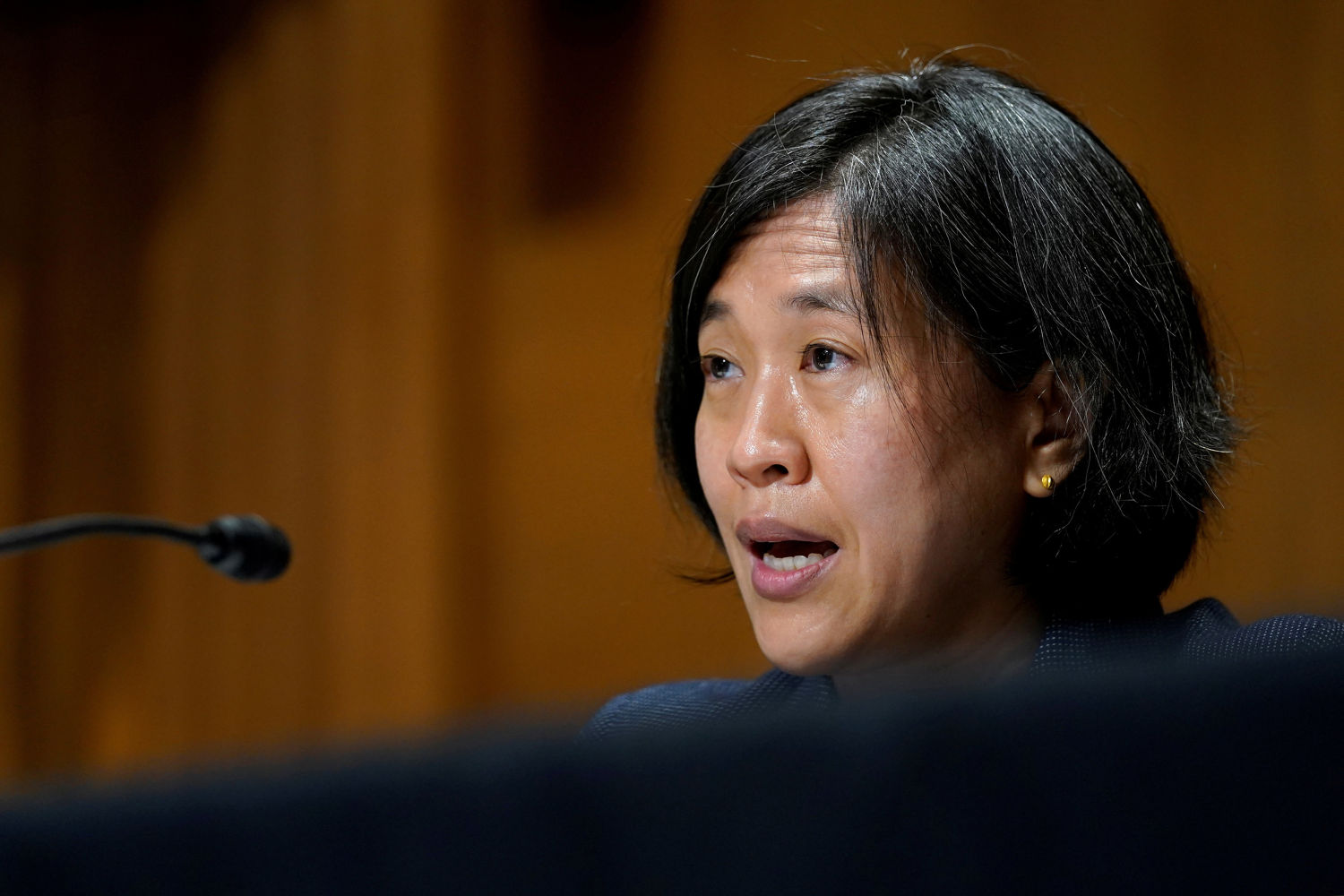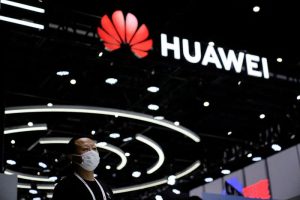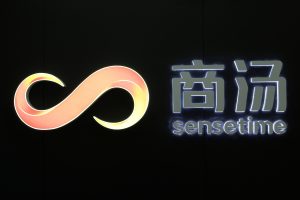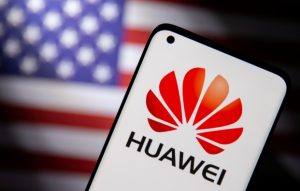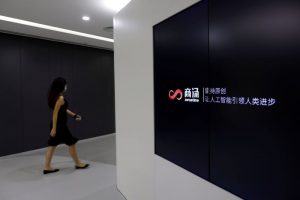The Biden administration strengthens Trump-era Xinjiang warning ahead of expected Hong Kong advisory
(AF) US government departments warned on Tuesday July 13 about risks from supply chain and investment links to China’s Xinjiang region, citing human rights abuses.
“These abuses include widespread, state-sponsored forced labour and intrusive surveillance, forced population control measures and separation of children from families, mass detention, and other human rights abuses amidst ongoing genocide and crimes against humanity. Given the severity and extent of these abuses, businesses and individuals that do not exit supply chains, ventures, and/or investments connected to Xinjiang could run a high risk of violating US law,” the State Department said in a statement.
“This will help US businesses take steps to ensure their supply chains are not tainted by forced labour or other human rights abuses,” Secretary of State Antony Blinken added in a tweet.
The US Trade Representative’s office joined in issuing the updated advisory, first released on July 1, 2020 under the Trump administration by the State, Commerce, Homeland Security and Treasury departments.
“Today’s action demonstrates the Biden-Harris administration’s commitment to ending forced labour around the world, especially in global supply chains,” said Trade Representative Katherine Tai, the first Asian-American to hold her role.
The advisory strengthens the warning to US companies that they are at risk of violating US law if their operations are linked “directly or indirectly” to the Chinese government’s “vast and growing surveillance network” in Xinjiang. The warning also applies to financial support from venture capital and private equity firms.
It summarised previously announced action taken by the Biden administration to address alleged forced labour and rights abuses in Xinjiang, including a ban on some solar product imports, and sanctions on Xinjiang companies and entities.
14 firms added to Entity list
On Friday July 9 the administration added 14 Chinese companies and other entities to its economic blacklist over alleged human rights abuses and high-tech surveillance in Xinjiang.
The updated advisory said China continues “horrific abuses” in Xinjiang and elsewhere “targeting Uyghurs, ethnic Kazakhs, and ethnic Kyrgyz who are predominantly Muslim, and members of other ethnic and religious minority groups.”
China denies abuses and says it has established vocational training centres in Xinjiang to address religious extremism.
Katherine Tai also praised Canada, Mexico and other US allies for committing to ban the import of goods made with forced labour.
“I want to commend our allies for sending a clear sign that there is no place for forced labour in a fair, rules-based international trading system,” she said in her statement.
President Biden is trying to enlist help from US allies to hold Beijing accountable for human rights abuses and what the White House says are increasingly coercive foreign and trade policies.
Hong Kong business advisory
Also on Tuesday July 13, the Financial Times (FT) reported that the US would warn companies later this week about the effects of China’s crackdown in Hong Kong.
The FT and Reuters reported that the administration could announce a similar business advisory to the Xinjiang warning as soon as Friday, based on deteriorating conditions in Hong Kong.
Beijing is “denying basic liberties and assaulting Hong Kong’s autonomy and democratic institutions and processes,” an administration official told Reuters.
“We seek to ensure businesses can operate in stable, predictable, and fair regulatory environments around the world – and rule of law risks that were formerly limited to mainland China are now increasingly a concern in Hong Kong,” the official said.
US steps to combat perceived abuses in Xinjiang have drawn condemnation from China but have not had a significant effect on overall trade between the two countries.
A move by the US to expand pressure on China over Hong Kong could add fresh complications to their tense relationship, given the significant US business interests in the city.
This report was updated on July 14.
ALSO SEE:
Hong Kong Leader Dismisses Big Tech Fears Over Privacy Law
Didi Plunge Pulls Down US-listed China Shares, Lawsuits Could Mount




